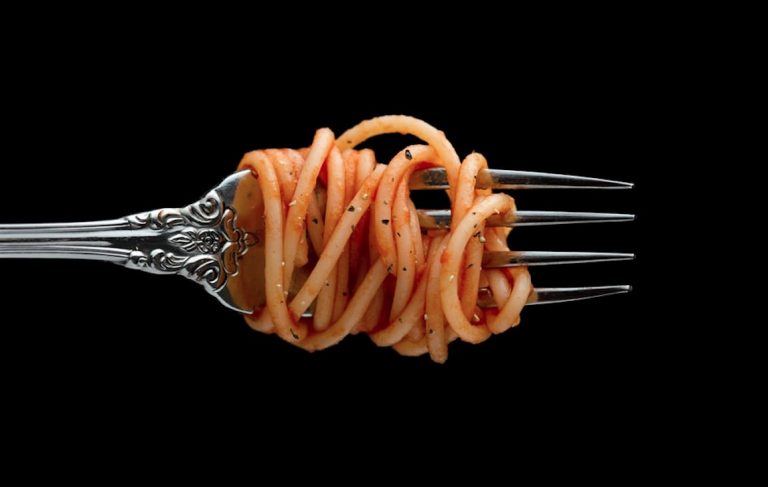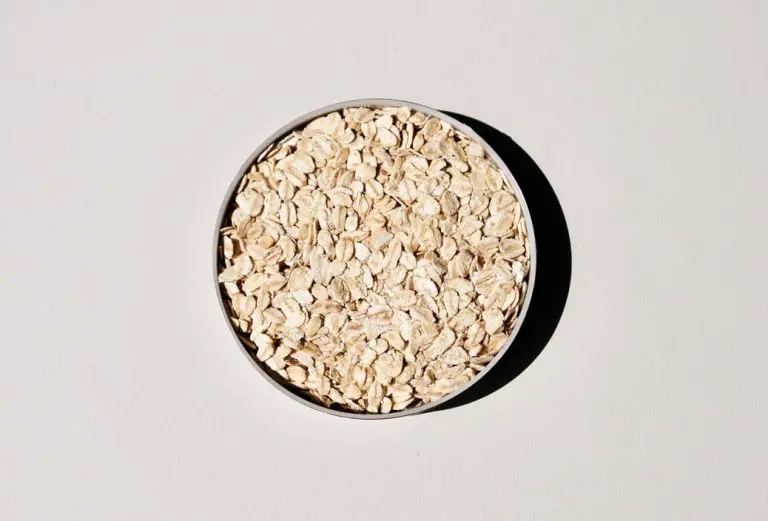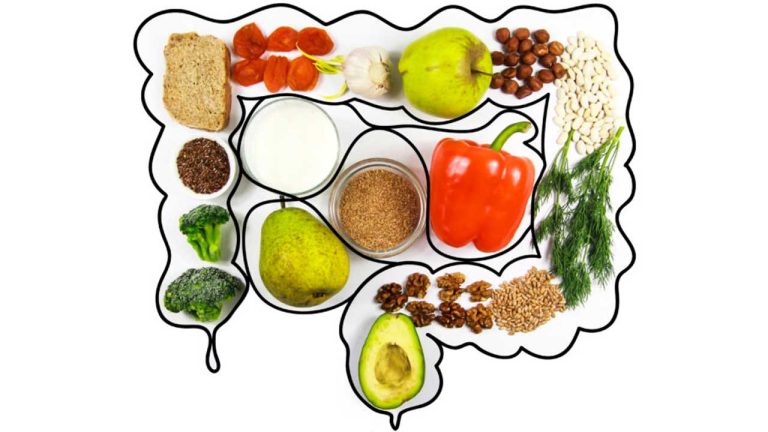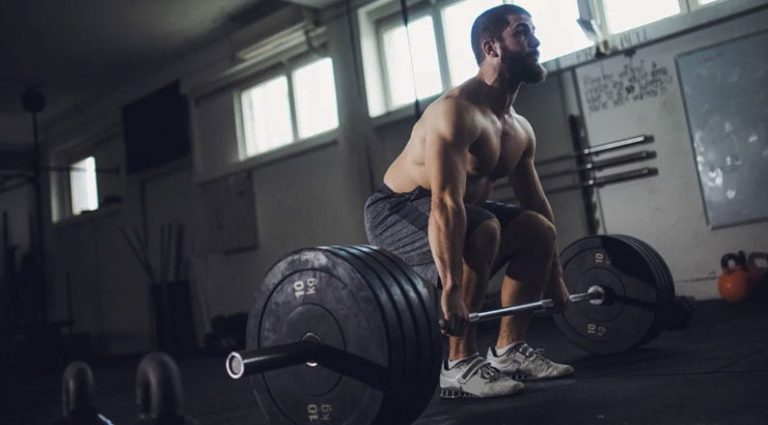Muscle Building Vitamins and Minerals – What Do I Need to Build Muscle?

ListedFit is reader-supported. When you buy through links on our site, we may earn a small commission.
When a person is looking to build muscle it’s important to ensure they are getting the right levels of nutrition in their diet.
Many focus solely on calorie intake but it’s important to ensure you are getting the right vitamins in too.
So in this article, we will highlight some muscle building vitamins that you need to include in your diet to ensure you get the body you want.
Table of Contents
- What Vitamins to Take for Muscle Growth
- Extra – Muscle Building Supplements
- In Conclusion – Things to consider with Muscle-Building Vitamins
What Vitamins to Take for Muscle Growth
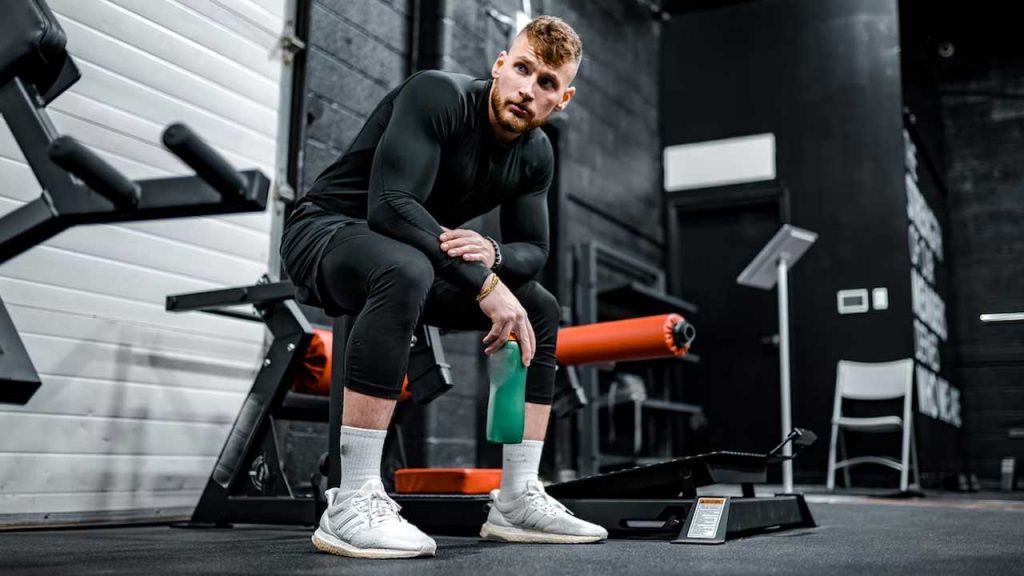
Before getting started I want to highlight that everyone’s body is different and that depending on your lifestyle and diet you may not need to supplement with any vitamins.
For example, if you are a vegan or vegetarian you may not get enough vitamin B12, so it’s important to make sure you are getting enough of these vitamins.
However, in this post, we will focus more on the vitamins that can help you build muscle faster.
We also recommend consulting a doctor before you embark on any training regime, a doctor will be able to more accurately tell you if you are inefficient in any vitamins and minerals.
Hydration – I know water isn’t a vitamin or a mineral, but water is essential for your body and without a good intake of water every day, all of your efforts elsewhere will be wasted.
It helps regulate your blood pressure, keeps your kidneys healthy, eliminates toxins from the body and helps to prevent dehydration.
I recommend drinking 8-12 8 oz glasses of water per day to stay hydrated.
Vitamin C
Vitamin C is an essential vitamin for building muscle because it helps with the absorption of iron in our bodies.
Without vitamin C, there is a chance that your body will not absorb the iron which means your body won’t be able to transport oxygen around your muscles which will lead to fatigue and a lack of energy.
Vitamin D
Vitamin D is another vitamin that can help build muscle because it is essential for calcium absorption.
You can get vitamin D from the sun and some foods but you may not be getting enough in your diet so a supplement is recommended.
Vitamin E
Vitamin E is an antioxidant that helps protect our cells from oxidative stress, which can lead to fatigue, muscle breakdown and even cancer in extreme cases.
It also helps with testosterone production and it also helps with blood flow throughout the body, both of which are important for building muscle.
Magnesium
Magnesium is important for many things including muscle building.
It helps with energy production, which is important for training, and it also helps with the recovery and repair of muscle tissue.
Zinc
Zinc is an essential mineral that plays a role in protein synthesis, meaning it helps build muscle.
It also boosts testosterone production and protects the body from oxidative stress which can lead to fatigue and muscle breakdown.
Extra – Muscle Building Supplements
Beta Alanine
Beta alanine is a non-essential amino acid that helps to improve muscle endurance by reducing fatigue and muscle soreness during training.
It also boosts carnosine levels which helps to buffer lactic acid build-up so you can train harder for longer.
I recommend taking beta-alanine with creatine because the two work well together.
Fish Oil
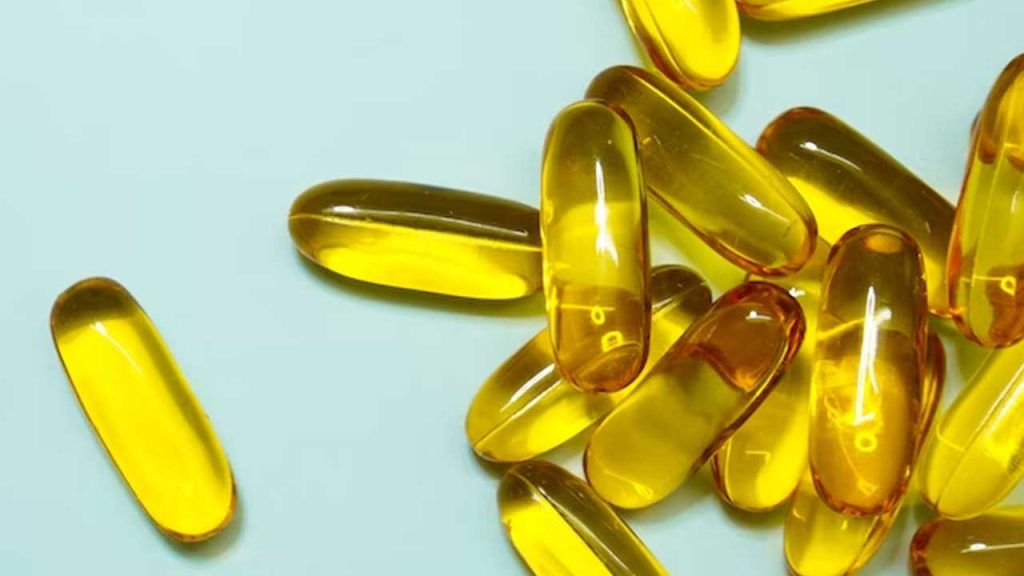
Fish oil is an essential fatty acid that helps to reduce inflammation and protect the body from oxidative damage caused by free radicals.
It also reduces joint pain, increases insulin sensitivity, and boosts testosterone production which helps with muscle growth.
BCAA’s
Branched-chain amino acids are essential amino acids that help to prevent muscle breakdown when you’re working out. They also reduce fatigue and boost energy levels during workouts. I recommend taking BCAAs with creatine because the two work synergistically to maximize muscle growth.
Creatine
Creatine is one of the most researched supplements out there for improving performance in the gym. It helps by increasing power output during training which means you can lift heavier weights for more reps which means you build more muscle.
Creatine HCL is the form of creatine that is absorbed into the body more efficiently than creatine monohydrate.
Carnitine
Carnitine helps to shuttle fat into your cells for energy production and reduces fat buildup in your liver which reduces fatigue when you’re working out.
Many recommend taking carnitine with creatine because it works well together.
It’s important to note that creatine isn’t essential to your being able to build muscle, many people can train effectively and see great results without creatine. Creatine can make you feel and look more bloated than usual as it causes water retention and some report feeling a little slower when they’ve taken creatine.
In Conclusion – Things to consider with Muscle-Building Vitamins
In conclusion, when it comes to muscle-building vitamins there are many that are available which can help you build more muscle.
However, there are some things to consider and make sure you get the right one for you.
I recommend looking at the information and studies on each supplement before you decide which one is best for you.
The best way to determine if a supplement is right for you is to try it and see if it works for you. If it doesn’t work – don’t bother taking it.
Author
- Danny Loeb is a qualified Personal Trainer, Fitness Model and Writer. He enjoys blogging about health and fitness, messing around with Photoshop, and sharing his experiences with everyone.
Latest entries
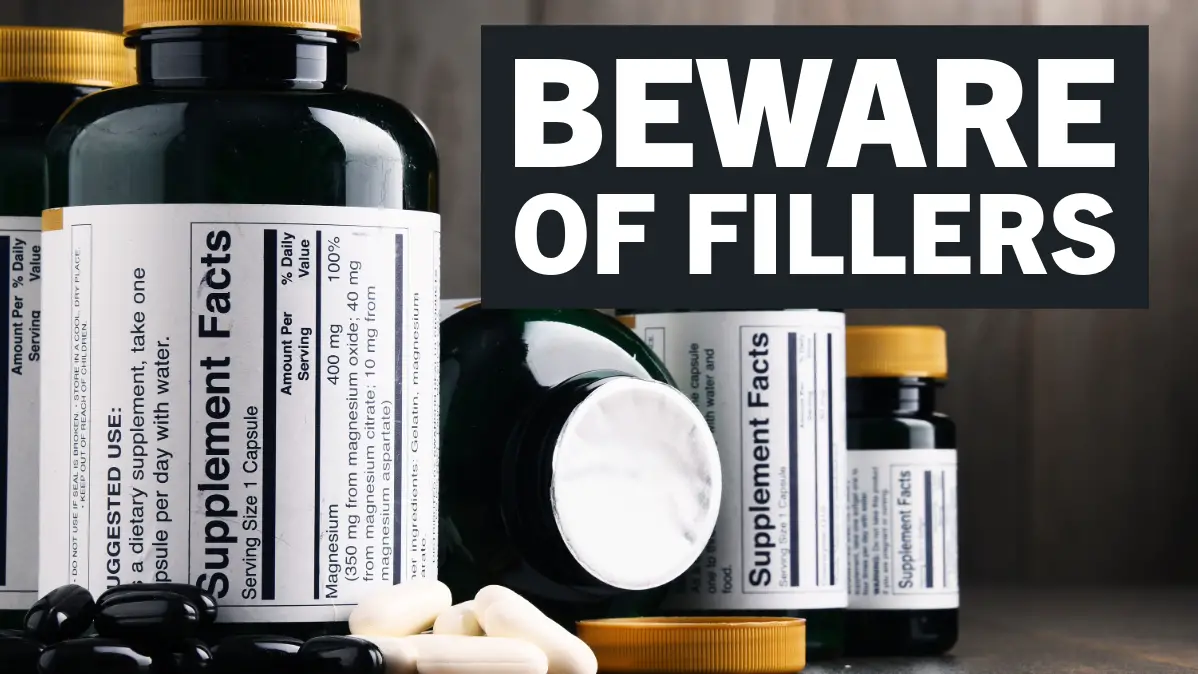 NutritionFebruary 6, 2024What Are Fillers in Supplements? – Unveiling Inactive Ingredients
NutritionFebruary 6, 2024What Are Fillers in Supplements? – Unveiling Inactive Ingredients FitnessAugust 23, 2023Best Post-Workout Foods: Great Ideas for Recovery and Results
FitnessAugust 23, 2023Best Post-Workout Foods: Great Ideas for Recovery and Results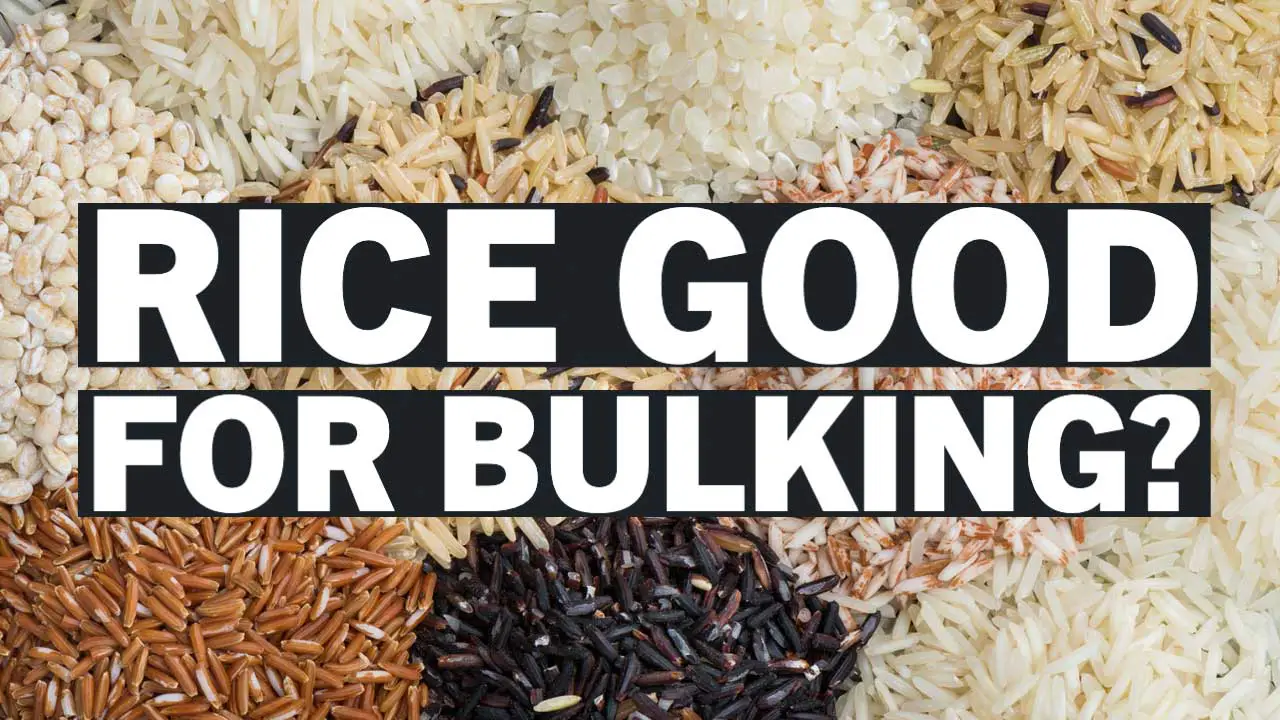 BulkingJuly 26, 2023Is Rice Good for Bulking? Unveiling the Truth
BulkingJuly 26, 2023Is Rice Good for Bulking? Unveiling the Truth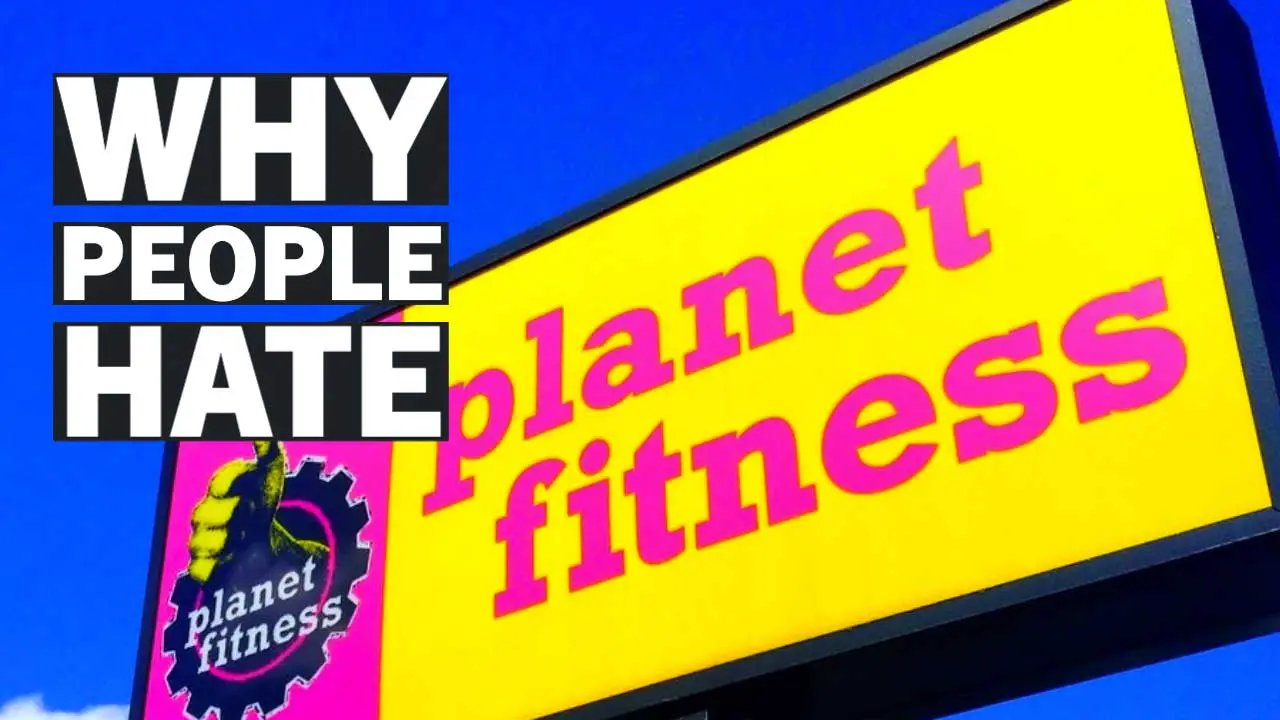 CultureJuly 15, 2023Why Do People Hate Planet Fitness? Read This Before You Join!
CultureJuly 15, 2023Why Do People Hate Planet Fitness? Read This Before You Join!
Affiliates:
This post may contain affiliate links that at no additional cost to you, the site may earn a small commission. We only recommend products we would use ourselves and all opinions expressed on this site are our own.
General Advice:
The information provided in this article is for general informational purposes only. It is not intended as a substitute for professional advice. Always consult with a qualified healthcare professional before starting any new diet, exercise program, or making changes to your health routine.
Accuracy Advice:
While we strive to provide up-to-date and accurate information, the content in this article may not reflect the most current research or medical guidelines. We encourage readers to do further research and consult with professionals for more personalized advice.
Our Recommendations:
The products and services mentioned in any of our articles are recommended based on our independent research and personal experience. We are not sponsored by any company. We aim to suggest products and services we believe are of high quality and could be beneficial to our readers.

